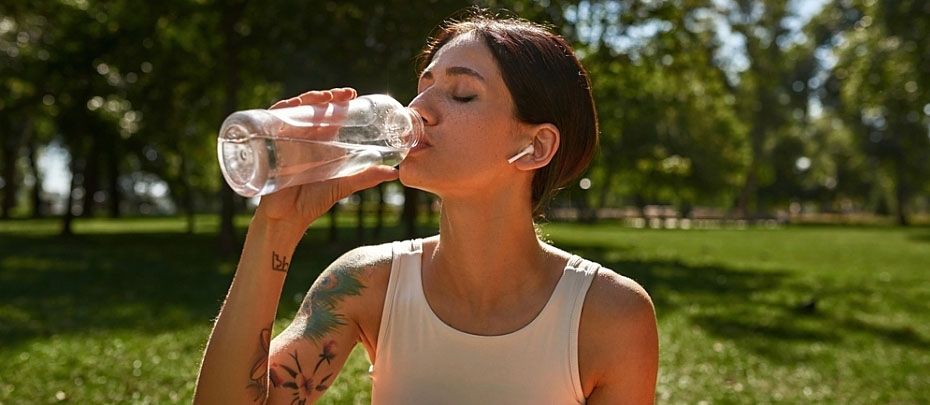It's no secret that staying hydrated is important, but can you overdo it? For people with healthy kidneys, drinking plenty of water is typically safe. In some rare cases, drinking too much water can result in water toxicity.
Though it's uncommon, it's important to understand what can happen if you drink too much water so you can avoid it.
Understanding Water Toxicity
The body relies on both water and electrolytes, such as sodium and potassium, to maintain a healthy level of hydration. Electrolytes play an important role in supporting heart, brain and muscle function, and the balance between electrolyte and water levels in the body is key. It is possible to drink more water than your body can handle at one time, and drinking too much water can lead to water toxicity. When this happens, the extra water is absorbed into cells in the body, causing them to swell. Swelling of brain cells can lead to excess pressure inside your head, which can cause confusion, headache and drowsiness. Nausea and vomiting or muscle cramping may also occur.
Some causes of water toxicity include:
- Rehydrating with water too fast after very long workouts without replenishing lost electrolytes.
- Craving water excessively, a condition called psychogenic polydipsia.
- Taking certain medications.
- Having kidney disease or failure.
- Replenishing water in conditions when the antidiuretic hormone (ADH) levels are high. ADH helps the body decide how much water to keep or let go. Too much ADH means the body holds onto more water.
- Participating in water drinking contests.




Social Share